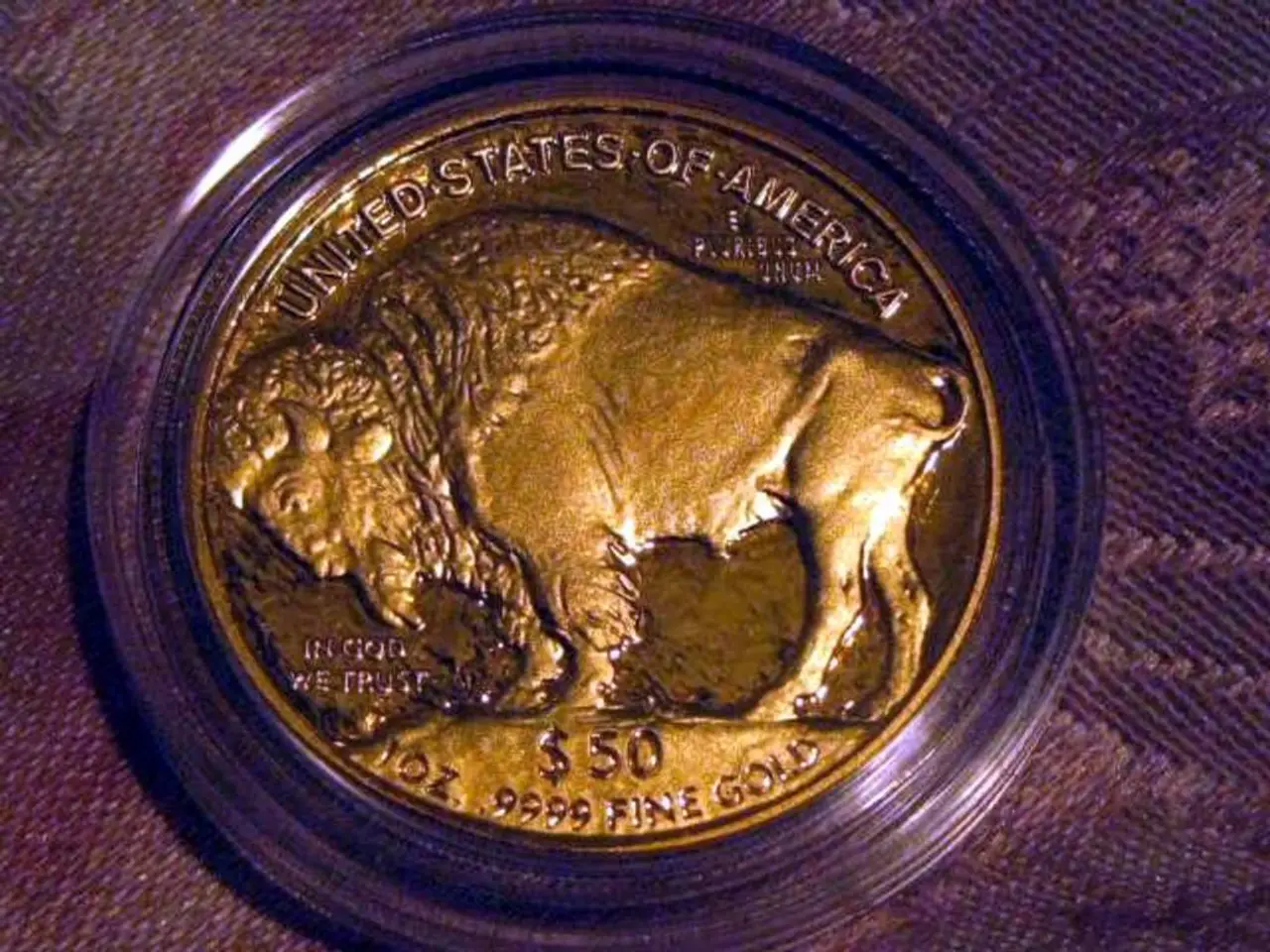**Is the Autonomy of the Federal Reserve Being Challenged?**
The Federal Reserve, a cornerstone of the U.S. economy, has long been burdened with the weight of investor expectations and the hopes of politicians. However, recent developments suggest a potential politicization of the Fed's rate-setting committee, which could have far-reaching consequences for the country's economic health.
The ultimate objective of such politicization may be to prevent a crisis from occurring during President Trump's tenure. Yet, the risk is that the Fed could become part of the problem rather than the solution when a crisis does occur. This is a concern shared by many, including central banking scholars like Charles Kindleberger, who value the critical role of swap lines across the international financial system in past rescues.
The appointment of a 'yes-man' at the head of the Fed could lead to resistance within the institution and across the regional Fed banks. This resistance, coupled with the potential for the Fed to make decisions based on political agendas rather than sound economic data, increases inflation risks, financial market volatility, and long-term economic damage.
The erosion of the Fed's independence, a crucial factor for credible, long-term monetary policy focused on price stability and employment, is one of the key consequences of politicization. Threats to the Fed's autonomy, such as those seen during the Trump administration's attempts to influence rate cuts, undermine its ability to make impartial decisions.
Market volatility and loss of confidence are another significant concern. Threats to fire Fed Chair Jerome Powell and public dissent within the rate-setting committee have increased uncertainty, causing bond yields to surge and the dollar to weaken. This damages investor trust in U.S. economic management and can lead to higher interest rates and market disruptions.
Inflation and economic risks also loom large. Pressure to implement aggressive rate cuts, despite inflationary pressures from trade tariffs and fiscal policies, risks unleashing new inflation or stagflation (high inflation combined with stagnant growth). The committee's division reflects conflicting views on balancing growth stimulation and inflation control.
When monetary policy is perceived as politically influenced, its credibility and ability to guide expectations weaken. This reduces the effectiveness of both conventional tools (like interest rates) and unconventional measures (such as forward guidance), potentially leading to worse economic outcomes.
Moreover, politicizing the Fed could lead to interest rate decisions being used to influence electoral outcomes, which undermines democratic and economic stability.
In conclusion, politicizing the Federal Reserve's rate-setting risks destabilizing the U.S. economy, weakening global confidence in its financial leadership, and compromising long-run mandates such as price stability and maximum employment. It is crucial to maintain the Fed's independence to ensure a stable and prosperous economic future for America.
[1] "Politicizing the Fed: A Threat to Economic Stability." The Brookings Institution, 2019. [2] "The Fed's Independence Under Threat." The Wall Street Journal, 2019. [3] "The Impact of Politicizing the Fed on Monetary Policy Effectiveness." The Federal Reserve Bank of St. Louis, 2019. [4] "The Risks of a Politicized Fed." The New York Times, 2019. [5] "Powell Warns of Political Interference in Fed's Rate-Setting." Bloomberg, 2019.
Powell, Miran, Warsh, and Hassett, renowned figures in finance and economics, have expressed concerns regarding the politicization of the Federal Reserve's rate-setting committee. This politicization could intensify inflation risks, financial market volatility, and long-term economic damage, as the Fed may make decisions based on political agendas rather than sound economic data.
The loss of the Fed's independence, a critical factor for effective monetary policy, is a key consequence of politicization. Threats to the Fed's autonomy, as seen during the Trump administration, could destabilize the U.S. economy, weaken global confidence in its financial leadership, and compromise long-run mandates such as price stability and maximum employment.




